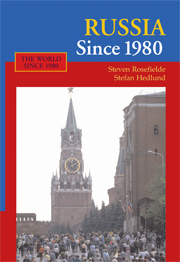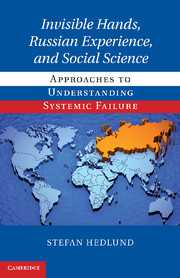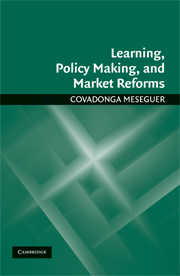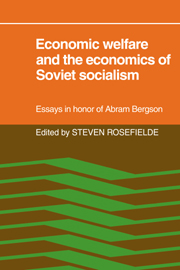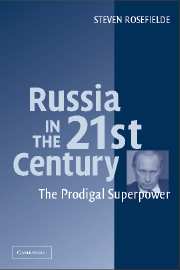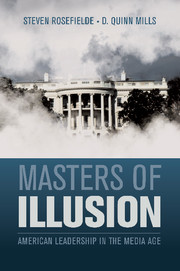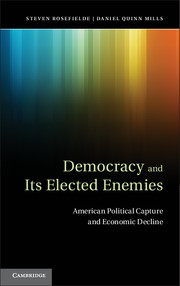Russia Since 1980
Russia Since 1980 recounts the epochal political, economic, and social changes that destroyed the Soviet Union, ushering in a perplexing new order. Two decades after Mikhail Gorbachev initiated regime-wrecking radical reforms, Russia has reemerged as a superpower. It has survived a hyperdepression, modernized, restored private property and business, adopted a liberal democratic persona, and asserted claims to global leadership. Many in the West perceive these developments as proof of a better globalized tomorrow, while others foresee a new cold war. Globalizers contend that Russia is speedily democratizing, marketizing, and humanizing, creating a regime based on the rule of law and respect for civil rights. Opponents counterclaim that Russia before and during the Soviet period was similarly misportrayed and insist that Medvedev's Russia is just another variation of an authoritarian 'Muscovite' model that has prevailed for over five centuries. The cases for both positions are explored while chronicling events since 1980.
- Authors are two of US and Europe's leading experts on Russia
- Provides a thorough look at the empty rhetoric of Russia's constitutional reality of suppressed democracy and massive rearmament
- Designed for both general readers on Russia and for undergraduate students
Reviews & endorsements
“For all those who believe that Russia has turned a developmental or economic, not to mention political, corner, this is a necessary and hard-hitting corrective. It also is a sobering analysis of what Russian society has undergone for almost thirty years and is likely to experience in the future. After reading this bracing and valuable analysis, few, if any, analysts will be able to look at Gorbachev, Yeltsin, and Putin in the same light as before. And for that we should be grateful.” – Stephen Blank, Strategic Studies Institute U.S. Army War College
“Avoiding that temptation of the naïve to personalize foreign policy, Professors Rosefielde and Hedlund argue convincingly that Russia, now once again resurgent thanks to its energy windfall, is pursuing the same strategic path to which authoritarian Muscovy has hewed for more than half a millennium. More than just a reliable introduction to recent Russian history and political economy, Russia Since 1980 is a must-read for policy makers and others interested in understanding both the significant role that the Kremlin continues to play in the geopolitics of the twenty-first century as it pursues its perennial interests and the likely outcome of those restored imperial ambitions.” – J. Peter Pham, James Madison University
“Russia Since 1980 is an important and even superb work in all respects: scholarship, analysis, carefulness, and lucidity. It is not only informative, it is also eloquent. If one wanted one book to explain contemporary Russia, its character, governance, and likely direction, I would recommend this book. Its conclusions are insightful and compelling.” – William R. Van Cleave, Missouri State University
"Rosefielde (Univ. of North Carolina) and Hedlund (Uppsala Universitet) offer an interesting interpretation of post-Soviet Russia. They eschew the standard argument that Putin seized upon public dissatisfaction with the implementation of the Yeltsin-era market reforms to reestablish nondemocratic rule. the argue instead that Muscovite Russia provides a model for understanding the period from Gorbachev to Putin...This is a highly accessible book that advanced undergraduates in particular are likely to benefit from reading."
CHOICE, T.D. Clark, Creighton University
Product details
November 2008Paperback
9780521613842
368 pages
228 × 153 × 20 mm
0.5kg
26 tables
Available
Table of Contents
- Part I. Russia Before 1980:
- 1. Muscovy and the West
- 2. Reform communism
- Part II. Gorbachev:
- 3. Pandora's box
- 4. Blindman's bluff
- 5. Squalid superpower
- Part III. Yeltsin:
- 6. Demolition and system building
- 7. Crisis management
- Part IV. Putin:
- 8. Authoritarian reconsolidation
- 9. Heritage and neglect
- Part V. Advance and Retreat:
- 10. Semblance of democracy
- 11. Social change and adaptation
- 12. International relations
- Part VI. Prospects:
- 13. Sustainable growth
- 14. Russia in the Chinese looking glass
- Glossary.

